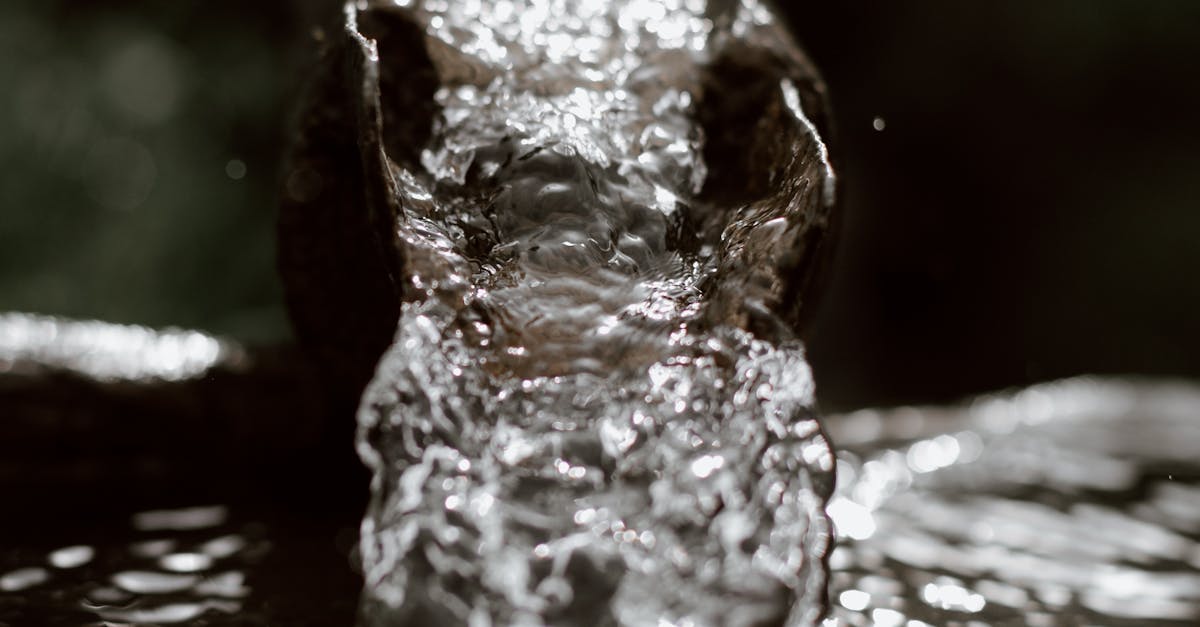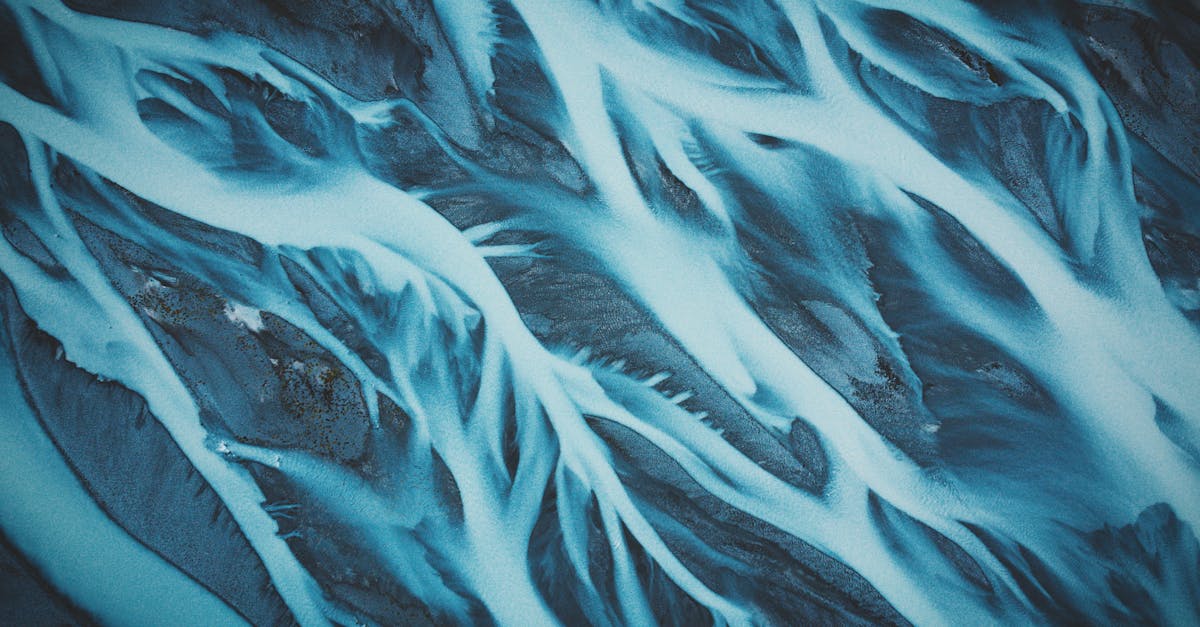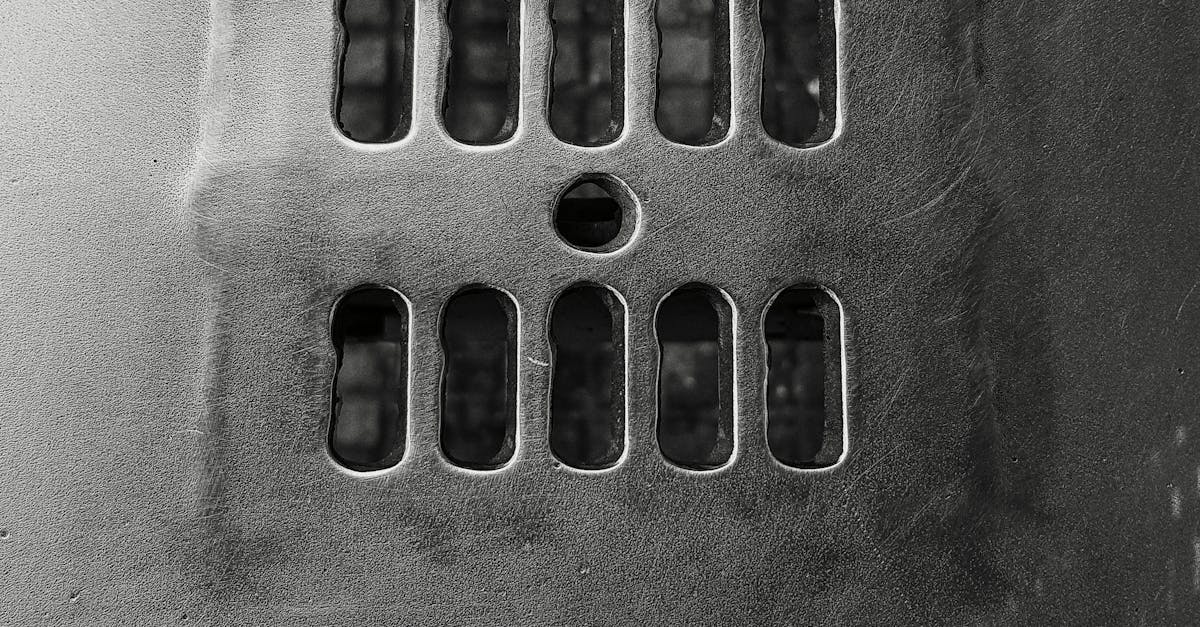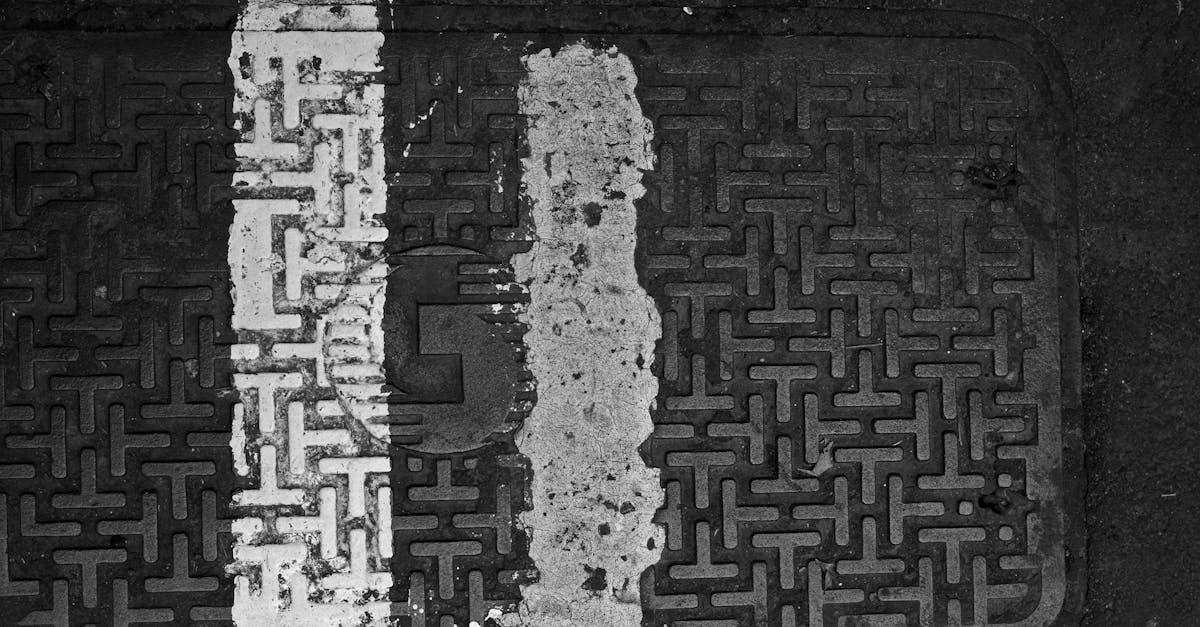
Table Of Contents
HighTech Drainage Innovations
High-tech drainage innovations are revolutionizing the way we manage water flow and control erosion. One such example can be seen in Kitchener, where advancements in drainage solutions have significantly improved urban water management practices. These innovations not only increase efficiency but also contribute to sustainability efforts in the region. Drainage solutions in Kitchener now incorporate cutting-edge technology to monitor water levels, detect leaks, and optimize water usage more effectively.
The integration of smart sensors and automated systems in drainage infrastructure has streamlined maintenance processes and minimized potential damage caused by flooding. As a result, Kitchener's high-tech drainage innovations offer a comprehensive approach to water management that benefits both the environment and the community. By harnessing these technological advancements, Kitchener has set a precedent for other regions looking to enhance their drainage systems with innovative solutions.
Smart Irrigation Systems
Smart irrigation systems offer a sustainable approach to managing water resources effectively. These systems, designed to optimize water usage in landscaping and agriculture, are becoming increasingly popular in Drainage Solutions in Saint Catherines. By incorporating technology such as sensors and weather-based controllers, smart irrigation systems can adjust water flow based on real-time conditions, minimizing waste and promoting water conservation. The precision and efficiency of these systems not only benefit the environment but also lead to cost savings for property owners in the long run.
In addition to water conservation, smart irrigation systems contribute to healthier plant growth by providing the right amount of water at the right time. With features like remote access and customization options, property owners can easily monitor and control their irrigation systems from anywhere. As cities like Saint Catherines implement measures to promote sustainable practices, smart irrigation systems offer a practical solution for maintaining beautiful landscapes while reducing water consumption and overall environmental impact.
Traditional Water Diversion Systems
Traditional Water Diversion Systems have long been the go-to method for managing excess water and preventing flooding. In the quaint town of Kleinburg, these systems play a crucial role in protecting properties against water damage and maintaining the integrity of the landscape. Drainage Solutions in Kleinburg often rely on time-tested techniques such as swales, ditches, and berms to effectively divert water away from vulnerable areas.
One common traditional water diversion system used in Kleinburg is the installation of French drains. These underground trenches filled with gravel or rock help to redirect water flow and prevent pooling around buildings. In addition to French drains, homeowners in Kleinburg frequently implement surface drains to channel excess water away from homes and gardens. These simple yet effective methods continue to be popular choices for managing water flow and safeguarding properties in Kleinburg.
Gravel Trench Drains
Gravel trench drains are a popular choice when it comes to effective water diversion and drainage solutions in Thunder Bay. These drains consist of a trench filled with gravel that allows water to flow through and be collected, diverting it away from buildings and other structures. The design of gravel trench drains promotes efficient drainage by preventing water from pooling and causing potential damage.
In Thunder Bay, gravel trench drains are commonly used in residential and commercial properties to manage water runoff effectively. The simple yet efficient design of these drains makes them a cost-effective solution for addressing drainage issues. By implementing gravel trench drains, property owners in Thunder Bay can ensure proper water management and protect their structures from potential water damage.
EcoFriendly Drainage Practices
Eco-friendly drainage practices have gained popularity in recent years due to their sustainability and environmentally conscious nature. In Kingston, drainage solutions that incorporate eco-friendly practices offer a range of benefits while minimizing the impact on the ecosystem. One such method is rainwater harvesting systems, which collect rainwater to be reused for irrigation or other non-potable purposes. By utilizing rainwater that would otherwise go to waste, these systems reduce water consumption and help alleviate pressure on municipal water supplies.
Another eco-friendly drainage practice in Kingston is the use of permeable paving materials. These materials allow rainwater to be absorbed into the ground rather than running off into storm drains, reducing the risk of flooding and erosion. By adopting these innovative drainage solutions, residents in Kingston can not only mitigate the effects of heavy rainfall but also contribute to the preservation of the local environment.
Rainwater Harvesting Systems
Rainwater harvesting systems are gaining increasing popularity as sustainable drainage solutions in Kingston. These innovative systems allow homeowners and businesses to collect rainwater from rooftops and store it for various purposes, such as watering plants, flushing toilets, or even for indoor use with proper filtration. By capturing rainwater, these systems help reduce reliance on municipal water sources and contribute to water conservation efforts in the community.
In addition to providing a supplementary water source, rainwater harvesting systems can also help reduce stormwater runoff. By collecting rainwater that would otherwise flow into drainage systems and potentially lead to flooding or erosion, these systems offer an effective way to manage water on-site. This not only helps control water flow but also minimizes the risk of water pollution by preventing contaminants from entering local waterways.
FAQS
Are there any alternatives to a French drain for drainage systems?
Yes, there are several alternatives to a French drain, including high-tech drainage innovations, smart irrigation systems, traditional water diversion systems, gravel trench drains, and eco-friendly drainage practices.
What are the benefits of using high-tech drainage innovations over a French drain?
High-tech drainage innovations offer advanced features such as real-time monitoring, automated adjustments, and remote control capabilities, providing more efficient and precise water management compared to a traditional French drain.
How do eco-friendly drainage practices compare to a French drain in terms of sustainability?
Eco-friendly drainage practices, such as rainwater harvesting systems, prioritize sustainability by collecting and reusing rainwater, reducing the demand on municipal water sources and promoting environmental conservation, offering a more eco-conscious alternative to a French drain.
Can smart irrigation systems be more cost-effective than installing a French drain?
Smart irrigation systems can be more cost-effective in the long run, as they optimize water usage based on real-time data and weather forecasts, reducing water waste and potentially lowering utility bills compared to the installation and maintenance costs of a French drain.
Are gravel trench drains a practical option for areas with high water flow?
Gravel trench drains are a practical option for areas with high water flow, as the gravel-filled channels facilitate water infiltration and drainage, effectively managing excess water compared to a traditional French drain in certain conditions.






